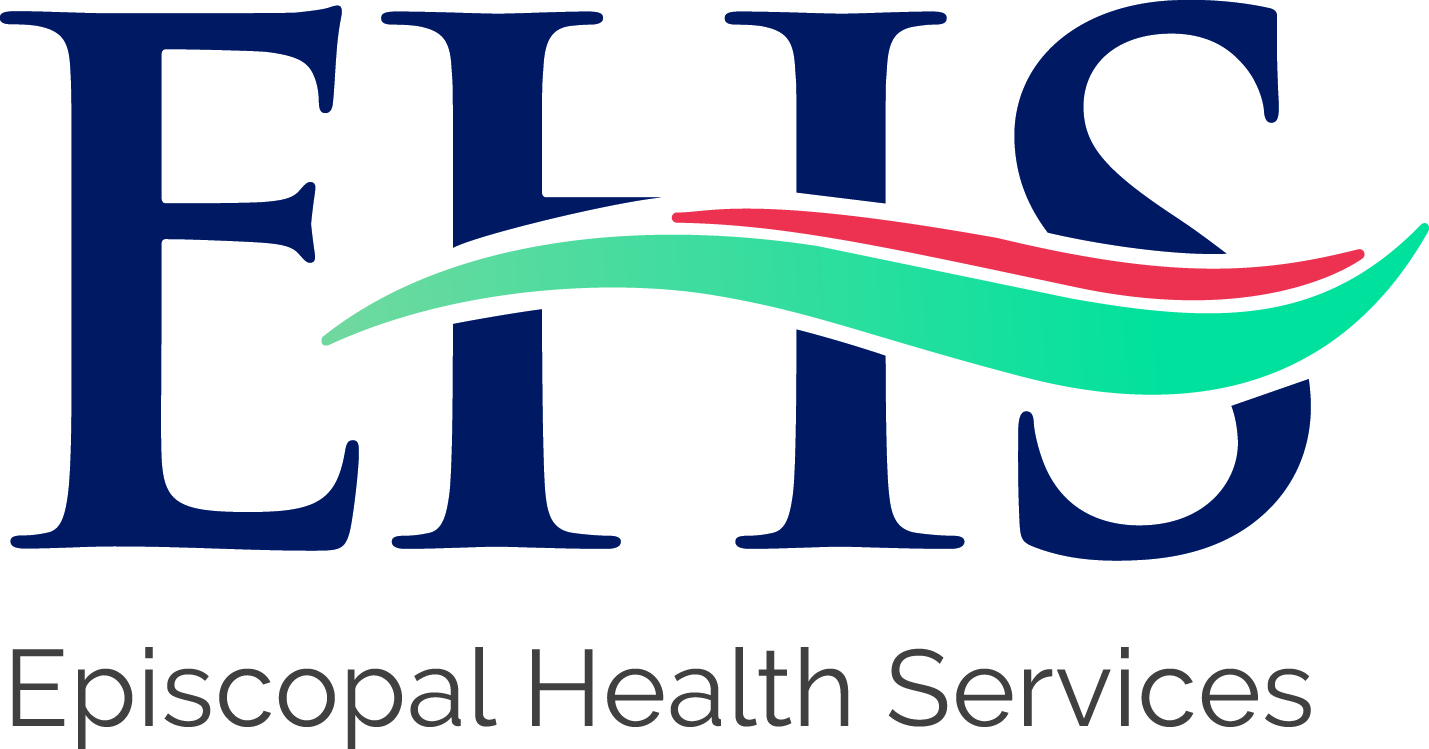Gallbladder Cancer
It is important you tell your doctor if you have any signs or symptoms of gallbladder cancer, so he or she may determine the cause and plan treatment, if necessary.
What is Gallbladder Cancer?
Bile is produced by the liver to aid in the digestion of fats in the food we eat. Before passing from the liver to the common bile duct, and subsequently into our small intestine, bile may be stored for controlled release in the gallbladder. Cells of the gallbladder and bile duct, like many of the cells in the body, may become cancerous. When cancer originates in either of these areas, it is known as cancer of either the gallbladder or the bile duct depending on where the cancer cells originated.
What Causes Gallbladder & Bile Duct Cancer?
Gallbladder & bile duct cancer develops as a result of changes to the genetic material within cells of either the gallbladder or bile duct. These changes result in the pattern of cell growth and division characteristic of gallbladder and bile duct cancer. Although the increased likelihood of developing gallbladder and bile duct cancer is associated with the following factors, according to the American Cancer Society, in most cases, physicians and scientists are still trying to determine what causes cancer of the gall bladder and bile duct to develop:
- Aging
- Diabetes
- Excessive alcohol consumption
- Exposure to certain chemical substances
- Genetic mutations
- Family history of certain cancers
- Inflammatory bowel disease
- Personal history of certain cancers
- Personal history of a certain disease of the liver or bile ducts
- Obesity
How Is Gall Bladder & Bile Duct Cancer Detected?
Our specialists collect information regarding medical history, surgical history, social history, and family history; conduct laboratory testing, and review radiological studies to approach patient care in the most comprehensive and personalized manner.
If gallbladder and bile duct cancer is suspected, a doctor will likely order imaging to help arrive at a diagnosis. Imaging might include a CT scan, PET scan, PET-CT scan, ultrasound, or MRI. A CT (computed tomography) scan uses X-rays to generate a three-dimensional picture of the body whereas a PET (positron emission tomography) scan uses a small amount of radioactive tracer to locate any cancer cells by how readily they take up the radiotracer. A PET-CT combines the features of a CT scan with those of a PET scan. An MRI (magnetic resonance imaging) uses magnetic fields to generate a detailed representation of the body. Lastly, an ultrasound sends sound waves through the body to generate images of the body’s organs and tissues.
If upon review of your results your doctor notices a mass suspicious for gallbladder and bile duct cancer, he or she will likely order a biopsy in order to make a diagnosis and plan treatment, if necessary.
Signs and Symptoms of Gallbladder Cancer
The following may be indicative of gallbladder and bile duct cancer but may also be indicative of other illnesses:
- Abdominal discomfort, pain, or pressure
- Abnormal, unexplainable weight loss
- Enlarged lymph nodes
- Fever
- Nausea and vomiting
- A sensation of a mass
- Yellowing of the skin and/or whites of the eyes
It is important you tell your doctor if you have any of these signs and symptoms, so he or she may determine their cause and plan treatment, if necessary.
Stages of Gallbladder & Bile Duct Cancer
“Staging” occurs when a physician uses to test and scan results to determine which parts of the body are involved by cancer, in this case, gall bladder and bile duct cancer. Staging is important because different stages of gallbladder & bile duct cancer are better addressed with treatments that may differ in amount, combination, or type.
How Is Gallbladder & Bile Duct Cancer Treated?
Treatment of gallbladder & bile duct cancer, depending on the stage and type, may include chemotherapy, radiation therapy, and/or surgery. These treatments may be used individually or in combination based on your doctor’s recommendations. It’s important to discuss all of your treatment options with your doctor to help make the decision that best fits your needs. Some important factors to consider when deciding on a treatment plan for gallbladder & bile duct cancer include
- Your age, health, and lifestyle.
- The stage of your cancer.
- Any other serious health conditions you have.
- Your feelings about the need to treat cancer right away.
- Your doctor’s opinion about if you need to treat cancer right away.
- The likelihood that treatment will help fight or cure your cancer.
- Possible side effects of each treatment method.
You may feel the need to make a quick decision, but it is very important to ask questions if there is anything about which you’re not entirely sure. It is very important for you and your doctor to communicate and work together to weigh the benefits of each treatment option against the possible adverse effects in order to ultimately determine which treatment option is best for you.
Our Approach
We understand that a cancer diagnosis can be overwhelming and scary. We build our teams around you. Our expert oncologists will help guide you through this difficult time, answering any questions you may have along the way. We are here for you and will do everything in our power to meet your specific needs and exceed your expectations. If you or a loved one is experiencing symptoms that may be related to cancer, please call us as soon as possible at (855) 528-7322 or make an appointment online.
